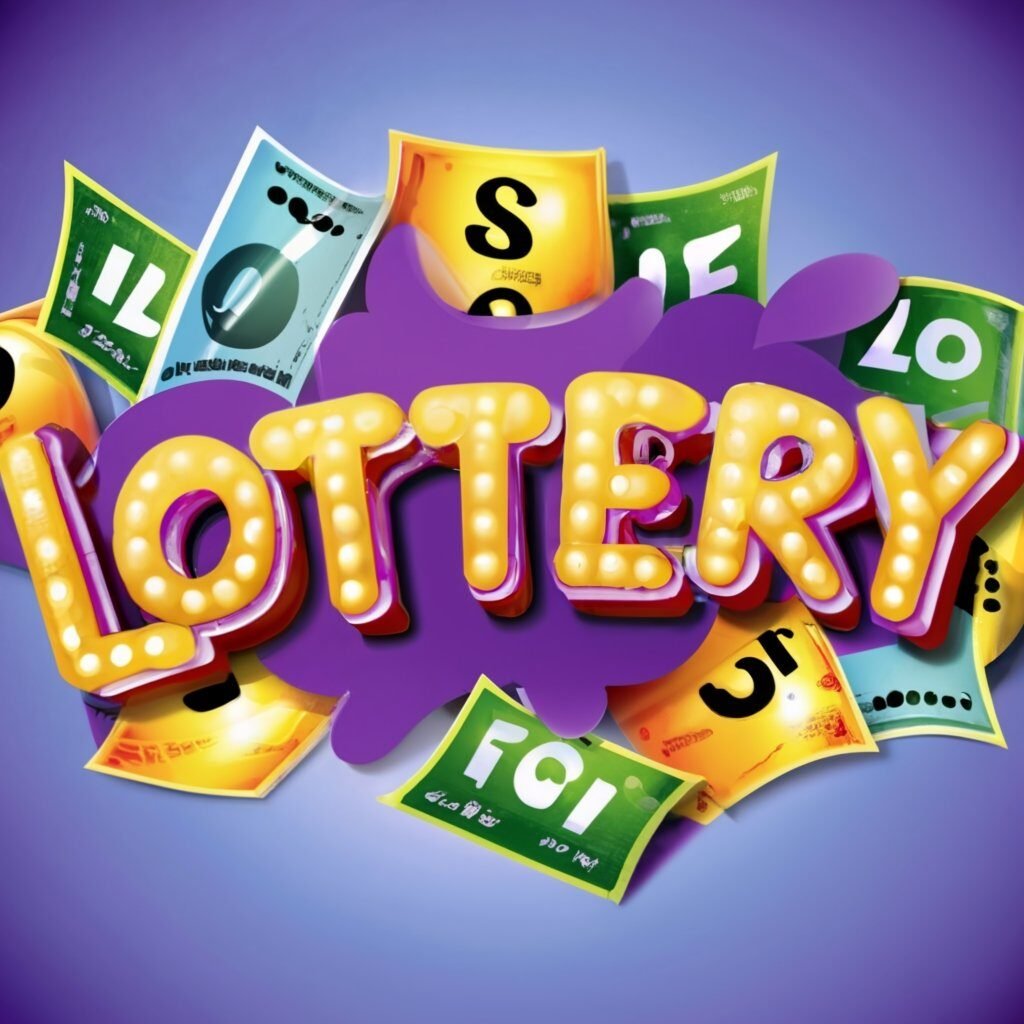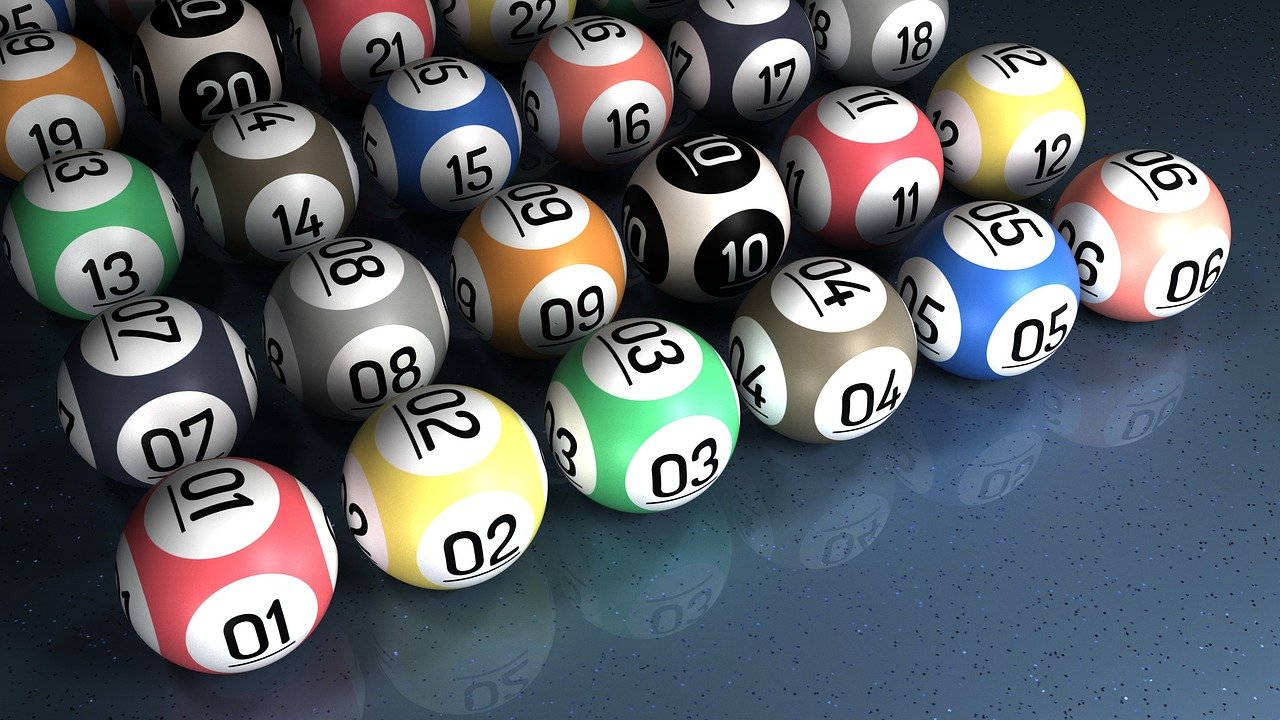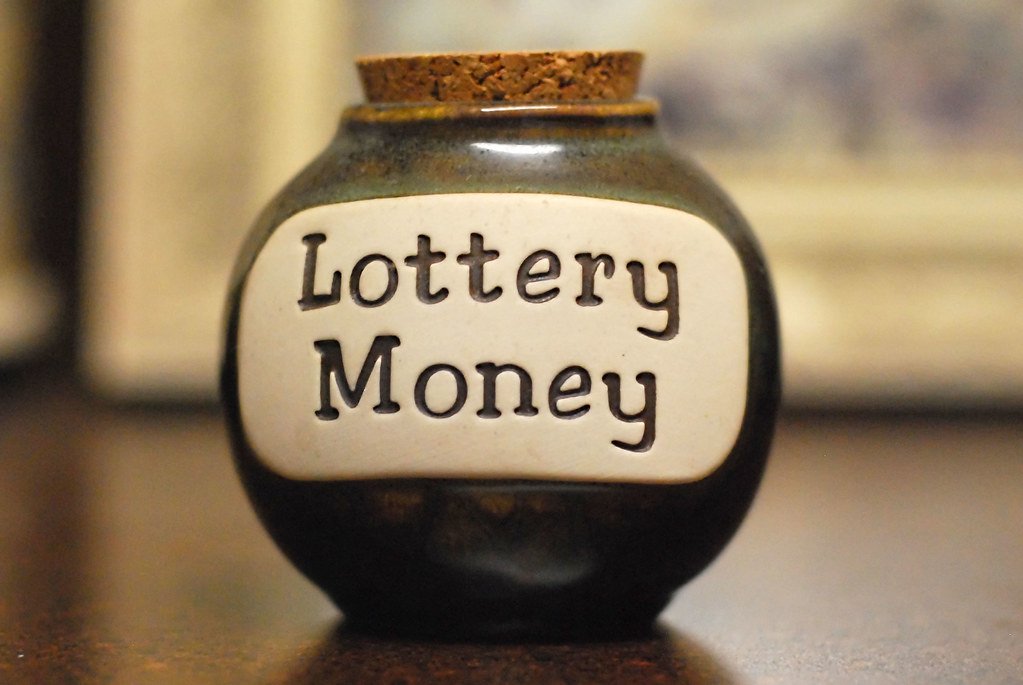Have you ever wondered whether the identities of lottery winners are made public? Well, you’re about to find out! In this article, we uncover the truth behind whether we get to know the lucky individuals who hit the jackpot. So, if you’ve ever daydreamed about striking it rich, keep reading to discover if you’ll be thrust into the spotlight or if you can revel in your newfound wealth in private.
Are Lottery Winners Public
Understanding the Lottery
The lottery is a popular form of gambling where individuals purchase tickets in the hopes of winning a large sum of money. It is a game of chance, and the odds of winning can often be quite slim. However, for those lucky few who do win, it can be a life-changing experience. But with such a life-altering event comes the question: are lottery winners public?
Winners’ Privacy Concerns
Winning the lottery is a dream come true for many people, but it can also come with its fair share of challenges and concerns. One of the primary concerns for lottery winners is their privacy. Suddenly becoming the recipient of a large sum of money can attract a lot of attention, both wanted and unwanted. Many winners worry about the potential impact on their personal lives and the safety of their loved ones.
State Laws and Anonymity
Whether or not lottery winners are made public largely depends on the state in which they reside. Each state has its own set of regulations regarding the disclosure of winners’ identities. Some states require winners to be publicly disclosed, while others allow winners to remain anonymous if they so choose. It is important for potential lottery winners to familiarize themselves with the laws and regulations of their specific state to understand their rights and options.
Public Disclosure Requirements
In states where public disclosure is required, lottery winners’ names, hometowns, and the amount of their winnings are often made public. This information is typically used for promotional purposes and to showcase the excitement and success of the lottery. While some winners may embrace the attention and publicity, others may find it overwhelming and intrusive.
Pros and Cons of Being Public
Being a public lottery winner has its advantages and disadvantages. On the positive side, it can provide individuals with a sense of pride and recognition, as their accomplishment is celebrated by the community. Moreover, public disclosure can serve as inspiration for others, showing that dreams can come true. Additionally, it may lead to increased opportunities such as endorsement deals or speaking engagements.
However, there are also drawbacks to being a public lottery winner. Privacy invasion and the potential for unwelcome attention are primary concerns. The sudden influx of money can attract friends, family, and even strangers who may have ulterior motives. Additionally, being in the public eye can increase the risk of scams, harassment, and even physical harm.
Positive Impacts of Public Disclosure
Public disclosure of lottery winners can have several positive impacts. Firstly, it fosters transparency and ensures that the lottery system is fair and trustworthy. By making winners’ information public, it becomes clear that real people are winning and that the process is not rigged or biased. Public disclosure also serves as a deterrent to potential fraud or corruption within the lottery system.
Furthermore, public disclosure can inspire others to play the lottery and believe that they too have a chance at winning. It can be encouraging to see real people, with their names and faces, benefiting from the lottery. This can create excitement and increased participation, which ultimately leads to larger prize pools and more significant contributions to good causes that lotteries often support.
Negative Impacts of Public Disclosure
While there are positive impacts of public disclosure, there are also negative consequences that can arise. One major concern is the loss of privacy for the winners. Being thrust into the public eye can be overwhelming and may result in the loss of personal and financial security. Winners may receive unsolicited attention and experience difficulty maintaining their previous lifestyle.
Another negative impact is the potential for exploitation and scams targeting lottery winners. Fraudsters may use the publicly available information to manipulate or deceive winners, leading to financial loss. Moreover, winners may become targets for unsolicited investment offers, requests for financial assistance, or harassment from individuals seeking a portion of their newfound wealth.
Recent Controversies
In recent years, several controversies have emerged surrounding the public disclosure of lottery winners. Some argue that winners should have the right to remain anonymous to protect their privacy and safety. In response to these concerns, some states have introduced legislation to allow partial anonymity, giving winners the option to disclose limited personal information.
On the other hand, proponents of public disclosure argue that it is essential for transparency and accountability within the lottery system. They believe that publicly sharing winners’ information helps to maintain trust in the system and ensures that prizes are awarded fairly. Striking a balance between privacy and accountability has become a topic of heated debate and legal consideration in many states.
Partial Anonymity Options
Recognizing the concerns surrounding privacy, some states have implemented partial anonymity options for lottery winners. This means that winners can choose to disclose only certain details about themselves while keeping other personal information private. For example, winners may opt to reveal their name and hometown but not their photograph or other identifying information.
Partial anonymity provides a compromise, allowing winners to maintain some level of privacy without completely hiding their identity. This option strives to mitigate some of the risks associated with public disclosure while still upholding the transparency and trust that comes with the lottery.
Conclusion
The question of whether lottery winners are public largely depends on the state in which they reside. While some states require public disclosure, others offer partial anonymity or complete privacy. Each option has its pros and cons, and potential winners must carefully consider their personal circumstances and concerns before making a decision.
Winning the lottery is undoubtedly a life-altering experience, and with it comes both excitement and challenges. Ultimately, the decision of whether to embrace the spotlight or protect one’s privacy rests with the individual. By understanding the laws and regulations in their state, lottery winners can navigate the complexities of public disclosure and make informed choices that best suit their needs.






